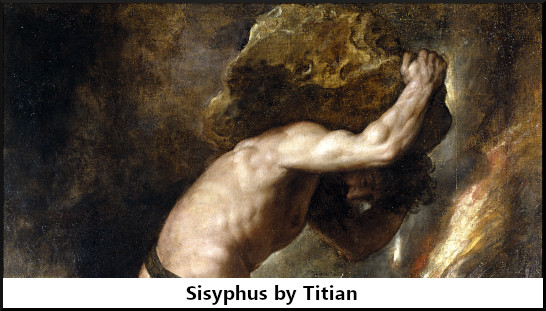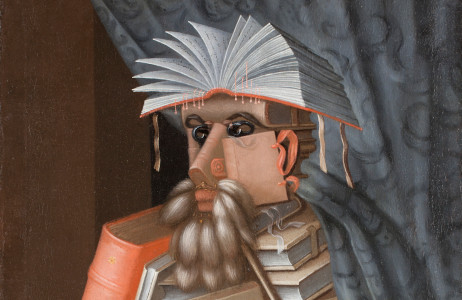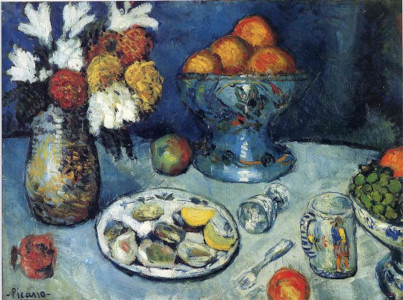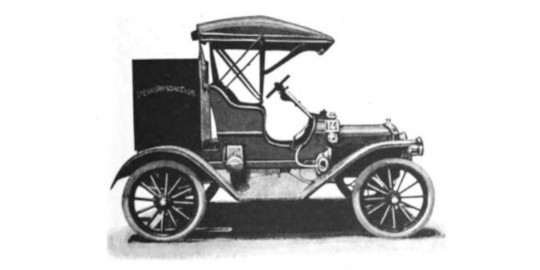Ernest Hemingway? Ursula K. Le Guin? Lynn H. Hough?
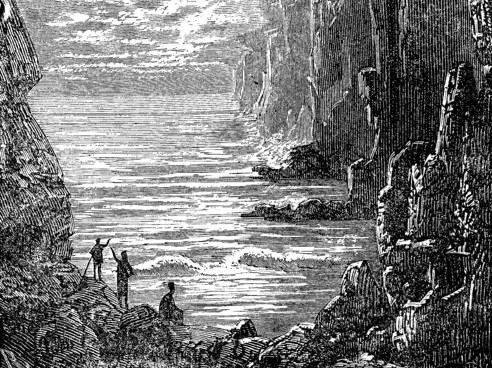
Question for Quote Investigator: It is natural to assign meaning or purpose to the terminus of a long journey, but the value truly lies within the journey itself. This notion has been expressed as follows:
It is good to have an end to journey toward; but it is the journey that matters, in the end.
The famous author Ernest Hemingway and the award-winning speculative fiction writer Ursula K. Le Guin have both received credit for this statement. Would you please determine the correct authorship?
Reply from Quote Investigator: There is no substantive evidence that Ernest Hemingway said or wrote this. He died in 1961, and was given credit by 2010, a very late date.
In 1969 Ursula K. Le Guin published “The Left Hand of Darkness” which explored gender roles and relationships on an alien planet. The popular work won the Hugo and Nebula awards. During a long trek in a frigid region two characters encountered a remarkable scene of pinnacles, cliffs, smoke, fire, and rubble near a massive glacier:1
Across those valleys a great wall stood, a wall of ice, and raising our eyes up and still up to the rim of the wall we saw the Ice itself, the Gobrin Glacier, blinding and horizonless to the utmost north, a white, a white the eyes could not look on.
The travelers placed a high value on their experiences during the journey. Boldface added to excerpts by QI:2
Estraven stood there in harness beside me looking at that magnificent and unspeakable desolation. “I’m glad I have lived to see this,” he said.
I felt as he did. It is good to have an end to journey towards; but it is the journey that matters, in the end.
Below are additional selected citations in chronological order.
Continue reading “Quote Origin: It Is Good To Have an End To Journey Towards; But It Is the Journey That Matters, in the End”